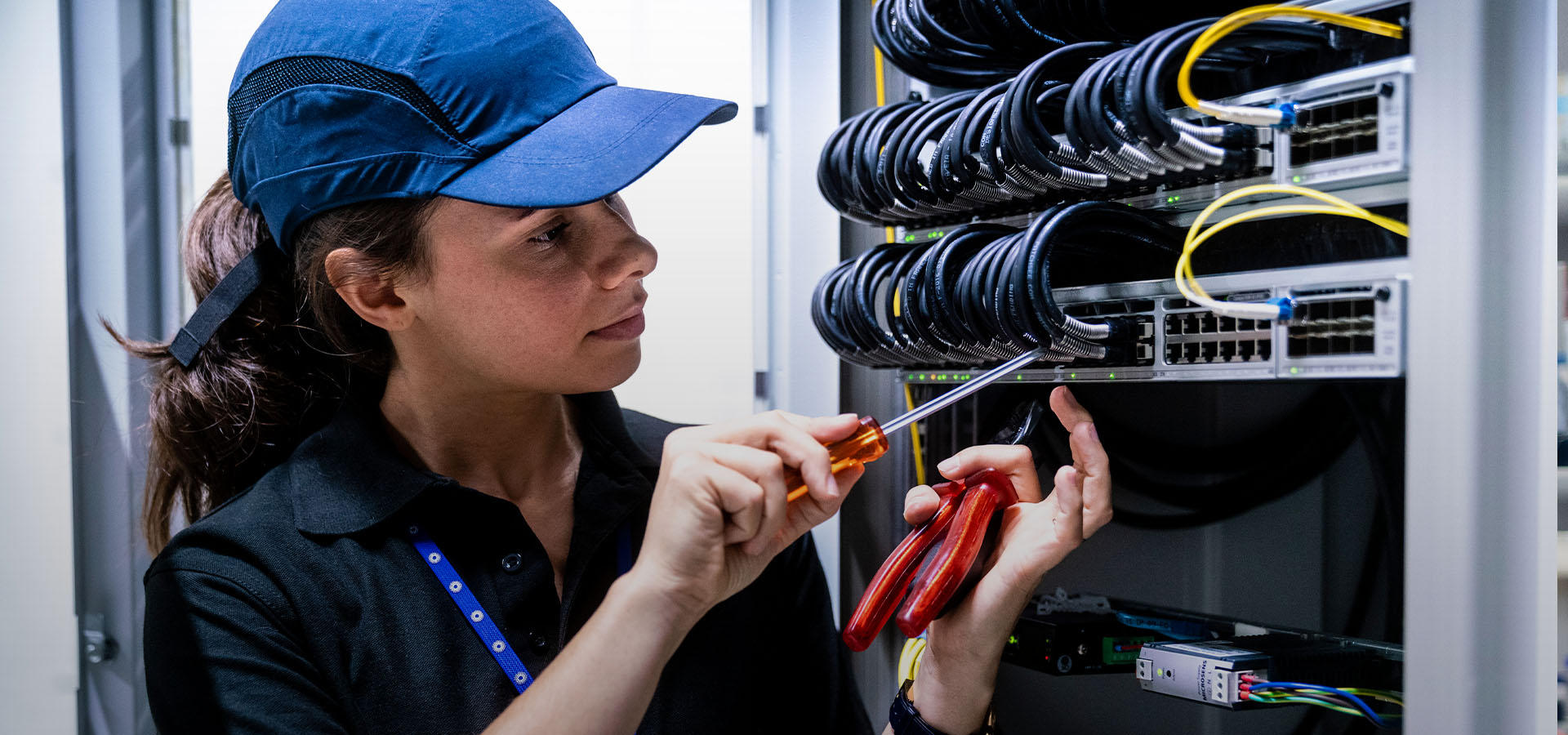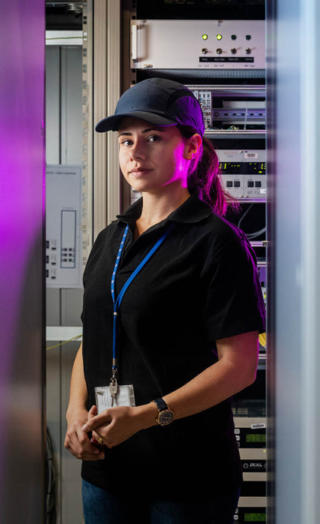People don’t see us, but our responsibility at the ESRF is huge. Any alarms triggered, be it fire, injuries or water leaks, alert us before anyone else. I am a Control Room operator and my task is to survey the ESRF’s operation in general. Our job is a bit like being a detective: when something breaks down, we need to investigate the origin of the problem and find a way of repairing it. If we get really stuck, we can always contact the on-call engineers to assist us. But in the middle of the night you try to avoid having to wake up colleagues.
My electrical training has come in handy during the installation phase of the EBS: I’ve been cabling power supplies, which includes preparing the cables, connecting them to the cells and then putting them on the racks. These days, while we are commissioning the new machine, the operators like me have to carry out tests, in collaboration with engineers and scientists, to make sure that the machine runs smoothly.
I like working in shifts and have done in all my previous jobs. I’ve designed batteries for robots that deactivate bombs, for example, and I’ve also worked in a clean room doing quality control on silicon plates. When I saw the position for an operator at the ESRF I thought it was really for me, given the challenges and the international aspect of the facility, as I’m Turkish and French.

